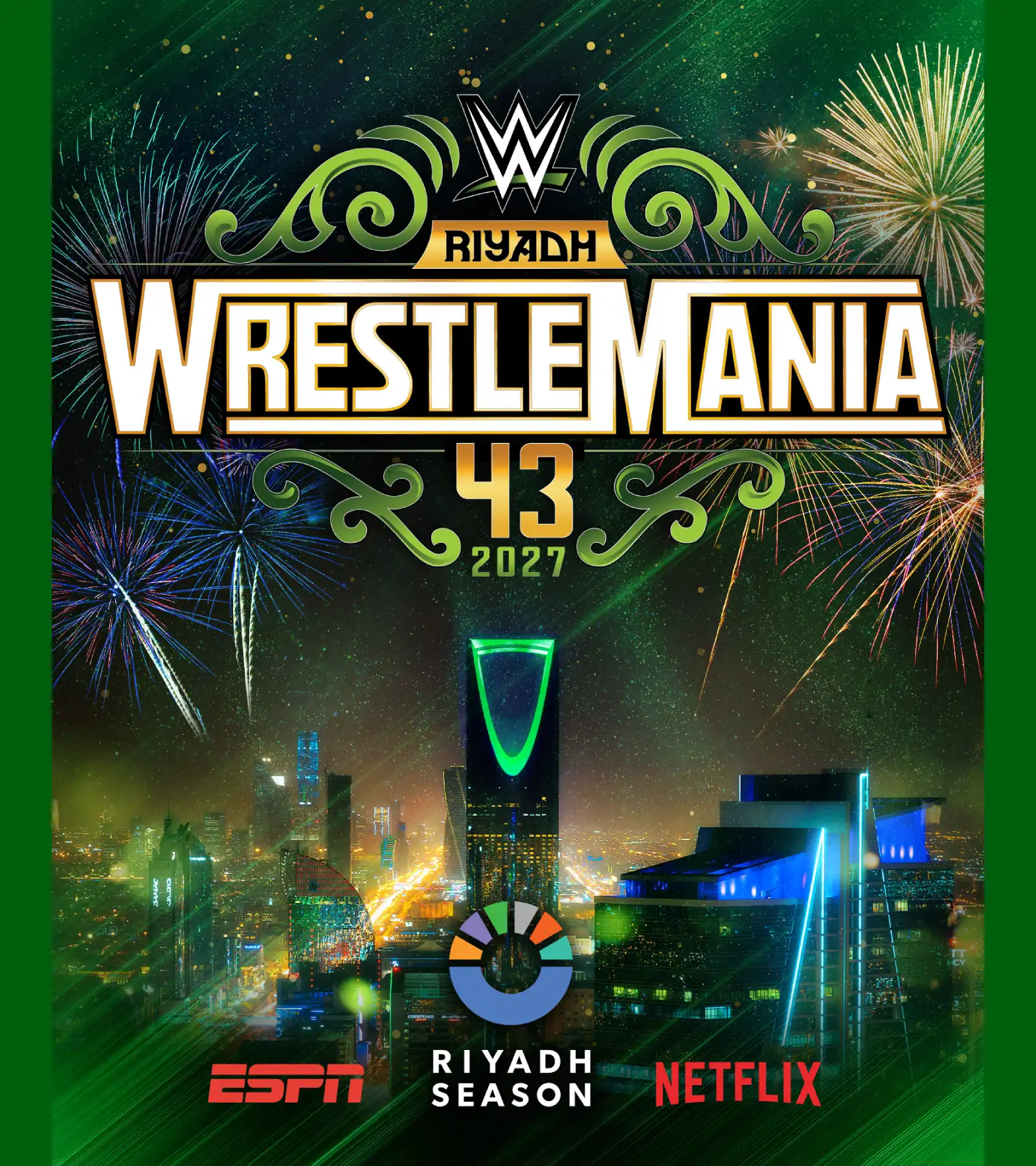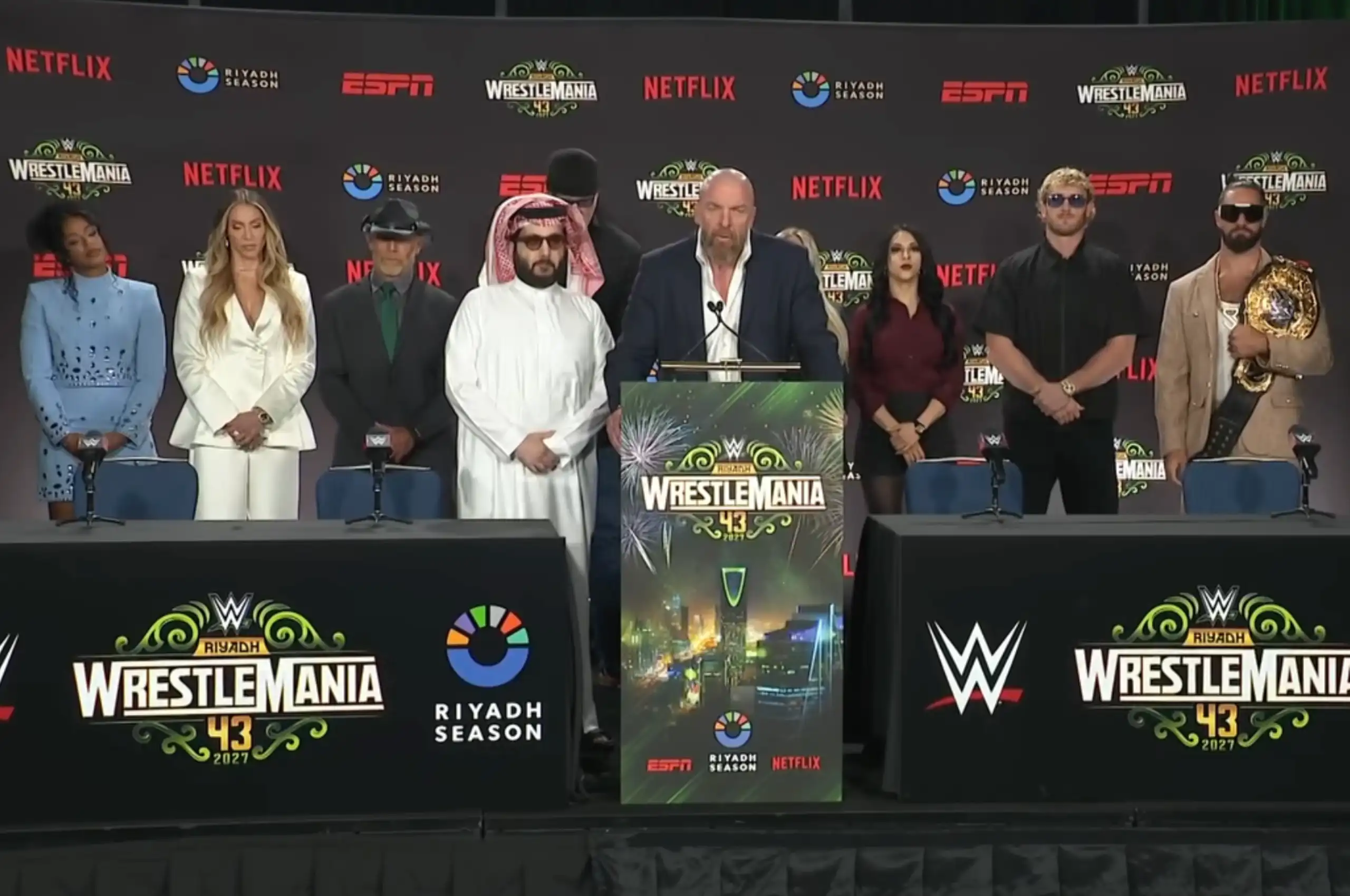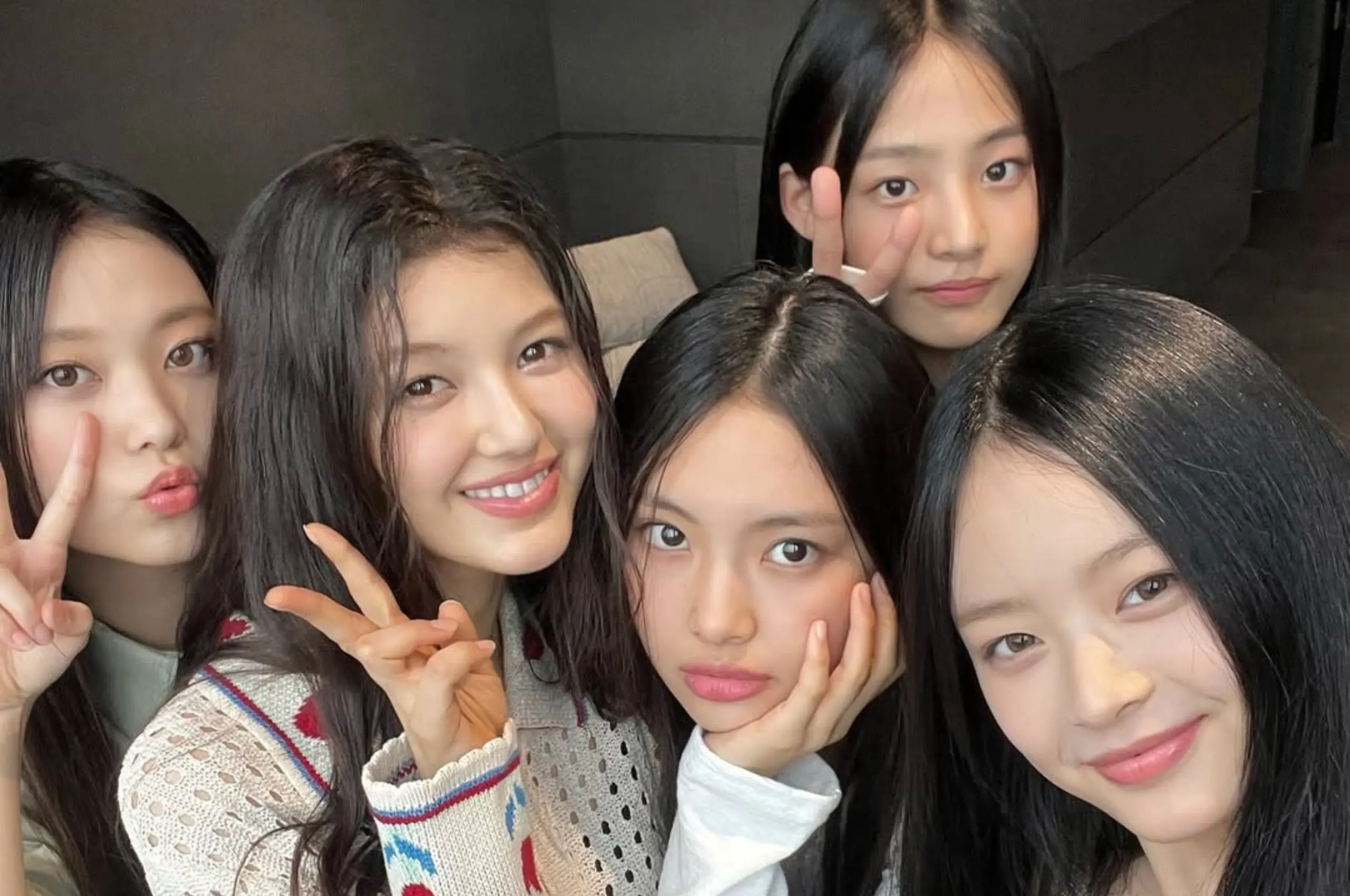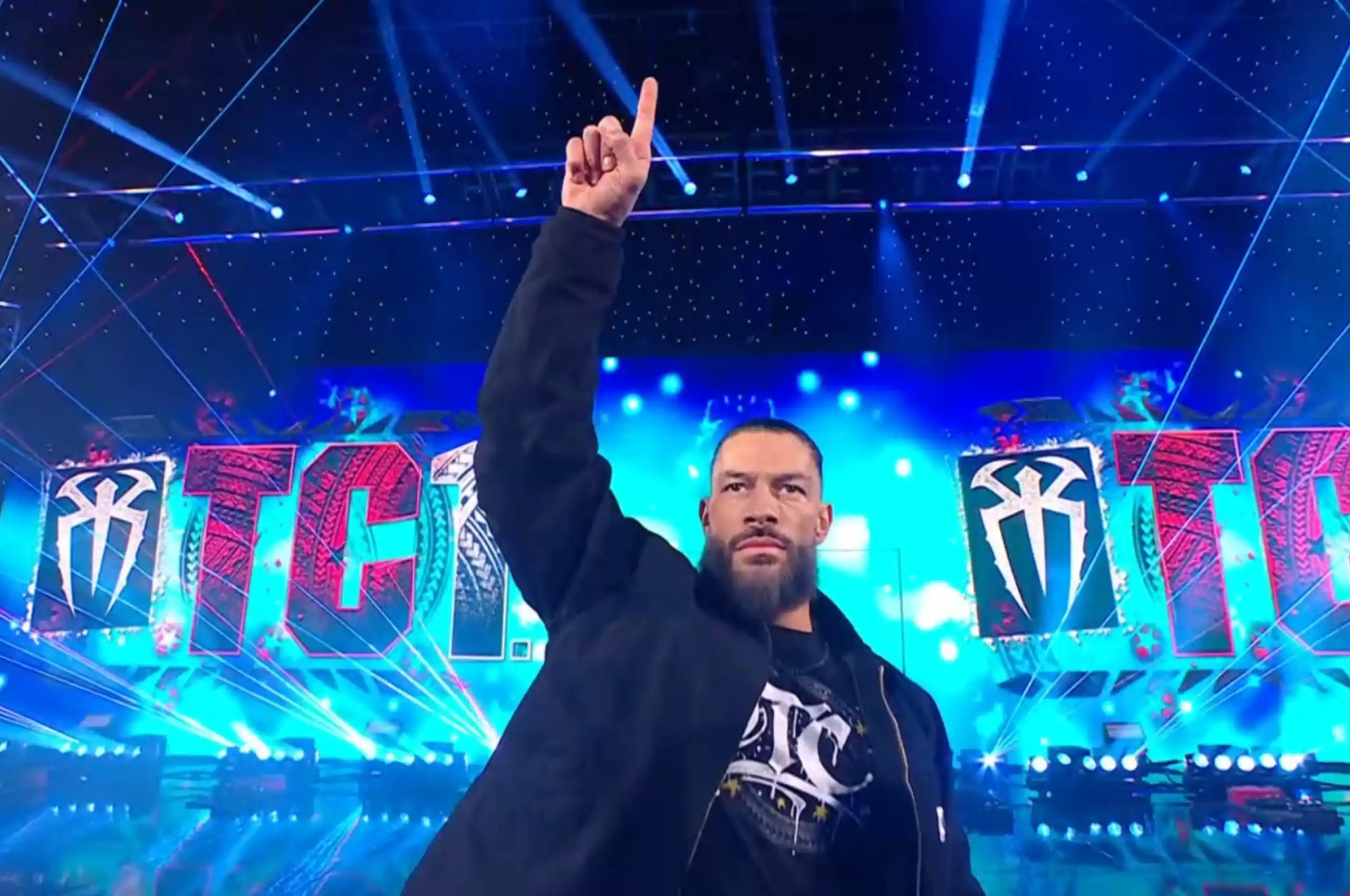The World Wrestling Entertainment (WWE) has announced its biggest gamble yet as WrestleMania 43 heads to Saudi Arabia. At a press conference last September 13, executives confirmed that the 2027 edition of wrestling’s most-watched spectacle will take place in Riyadh — the first time WrestleMania leaves North American soil since the event’s visit outside of the United States for Wrestlemania X8 in Toronto, Canada, in 2002.
While still a year and a half away, the move is being framed as historic. The sudden announcement, however, comes with some baggage. WWE’s partnership with the Saudi government has long been criticized as part of the country’s “sportswashing” campaign; this includes its 10-year deal to host the Crown Jewel in Riyadh, beginning in 2018, as well as the Greatest Royal Rumble during the same year.
The online reaction was swift. Fans called the announcement a sellout move by WWE to cash checks from the Kingdom’s royal backers, and Saturday’s press conference only reinforced the unease: wrestlers and executives alike stood stiff on stage, their body language closer to indifference than hype. For a show built on theatrics, the silence spoke louder than the talking points.
Where Does WWE Go From Here?
WWE is the leading figure in wrestling culture, being one of the most accessible forms of contact sport entertainment. But in January 2024, WWE’s CEO Vince McMahon stepped down after being charged for sexual trafficking and coercion.
Following McMahon’s retirement in 2022, many fans hoped for a fresh, new leadership under Paul “Triple H” Levesque as he was heralded as WWE’s Chief Content Officer. His tenure pushed for gender equality in the company roster while moving away from racialized stereotypes of wrestlers; in doing so, Triple H would’ve defined a post-Vince era of wrestling.

Despite this, fans saw a barrage of questionable decisions — from WWE’s ties to President Donald Trump through Triple H and Linda McMahon (Vince McMahon’s wife, later appointed U.S. Secretary of Education in November), to the return of Brock Lesnar at last August’s SummerSlam, despite his name being cited in a lawsuit against McMahon. With Saudi Arabia entering the fold, a country that is consistently criticized for human rights abuses, it’s hard to shake the feeling that WrestleMania may have finally sold itself short.
Even as WWE expanded worldwide, WrestleMania has always carried meaning beyond scale, blending global appeal with local culture. This new chapter may mark a business milestone, but it raises the more questions of what WWE might be losing when shaped by commercial interests, rather than the community that built it.







